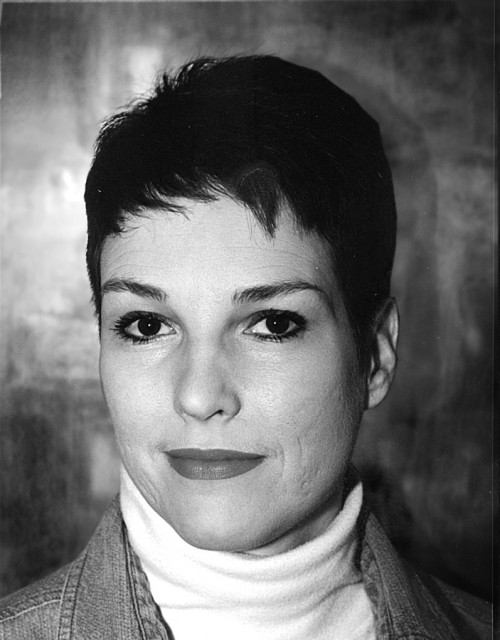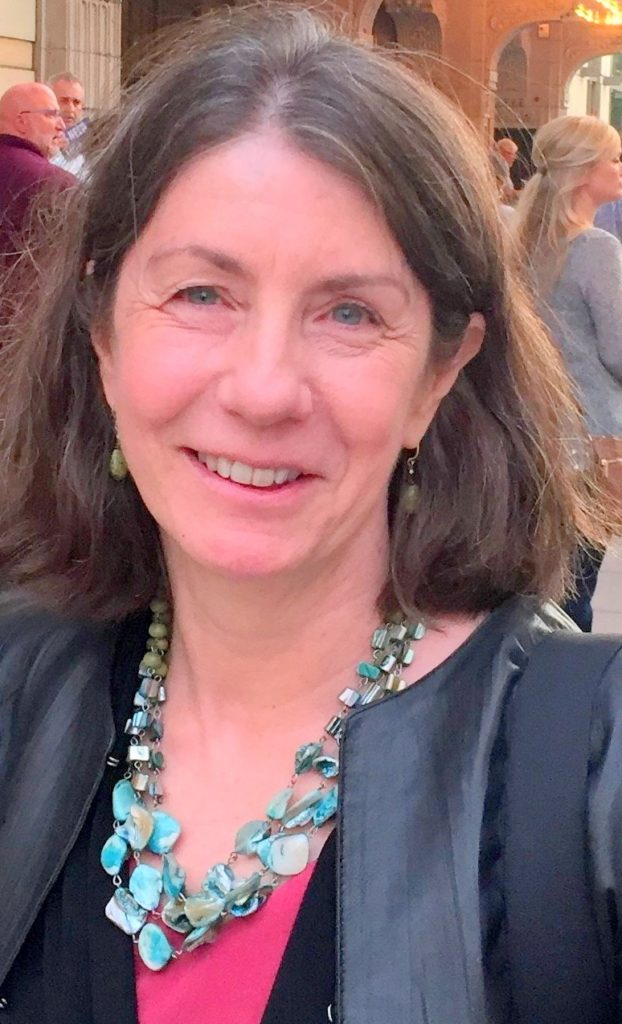
Those who love sonnets are invited to send their best work to the annual Maria W. Faust Sonnet Contest! Entry instructions are available at the link above.
Founded as a local contest in 2004 by James Armstrong, serving that year as Poet Laureate of Winona, Minnesota, the contest was launched as a complement to the Great River Shakespeare Festival. Renamed in 2012 in memory of Winona resident and lover of poetry and the arts, Maria W. Faust, this event is now national, even international in its scope. Under the directorship of Ted Haaland, Maria’s husband, the contest has grown in scope and stature. In 2020, more than 600 total entries were received from 39 states and from 13 countries, and 24 awards were presented at the virtual ceremony. Winning sonnets are published online and also collected in two anthologies (both available at the link above.)
Take a look! I think you will agree that the innovative range and deft handling of a demanding traditional form is impressive. The body of work celebrated by (and often, I suspect, specifically fostered by) this collaborative group of poets and arts lovers in Winona, has become a living tradition of its own. The contest showcases the versatility and sheer linguistic excitement of the sonnet form.
This annual opportunity has been a life-changing one for me as a practicing poet. I am so glad that when I saw a flyer at the Northfield Library in the grey months of early 2013, I took a chance and sent in three sonnets. I was astonished, actually, when a sonnet I had written some years before, “Tintern Church of England School for Girls,” about a memory from middle school, was chosen as a winner! In the years since, I have submitted three sonnets in each year and have had two more winning poems. You can do the math–yes, I have had many more sonnets that did not receive recognition than did! That is the way of things–the “Nos” always far outweigh the “Yesses” in life, and I feel even a bit giddy to have had three of the two dozen I have submitted honored publicly.
What the real victory is, however, is that this contest brought my attention back to the poetic possibilities of the sonnet. In the past decade or so, I have begun to “think in sonnets” more and more often. As a result, I have written probably a hundred and fifty new sonnets that I am very happy to claim, (perhaps a hundred more that are stalled and waiting for new parts), and I have even been drawn to explore sonnet sequences.
I can also attest to the high professionalism of the contest. Timely and respectful communications, completely blind judging (with a program person handling entries to assure judges do not ever connect names with sonnets before winners are determined), work read at the ceremony either by the poet or by a skilled reader (often an actor from the Great River Shakespeare Festival), comradery, and generous cash prizes.
In addition to expanding my world as a writer, I have made some fast friends among the poets of Winona. I love visiting this beautiful river arts town, not only for Shakespearean plays and sonnet contests, and readings at the Blue Heron Coffee Shop, (and visits to the Minnesota Marine Art Museum, which is a gem of a small museum, right up their with the American Swedish Institute) but just to spend time in this Bluff Country space with its incredible natural beauty.
Now, I am excited to know Winona, some of its people, and the sonnet form in deeper ways. I hope I am up to the task!

